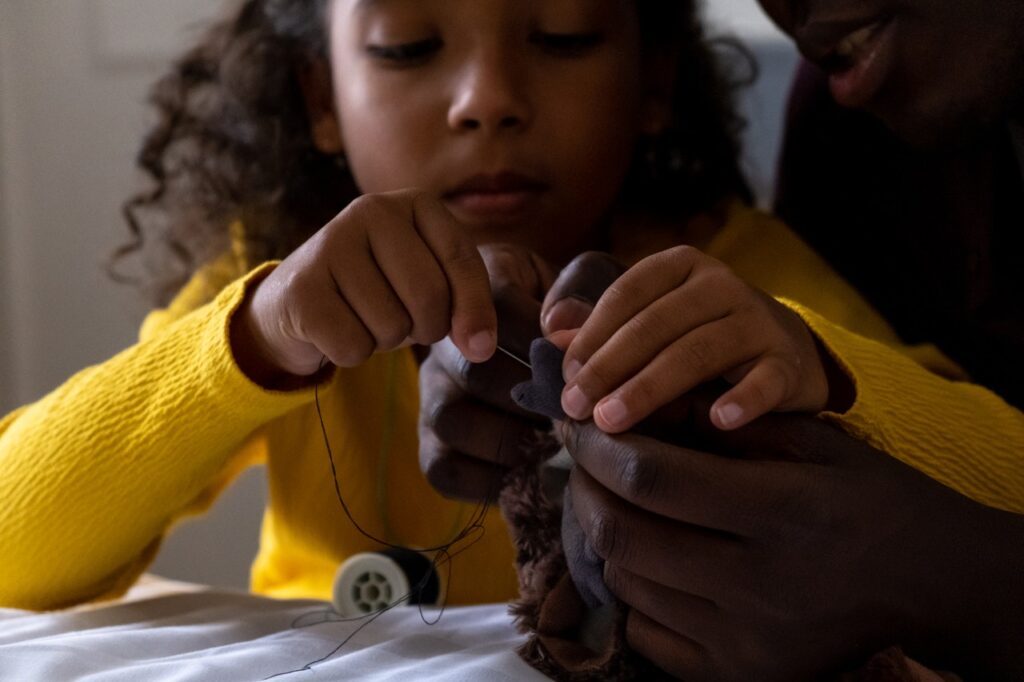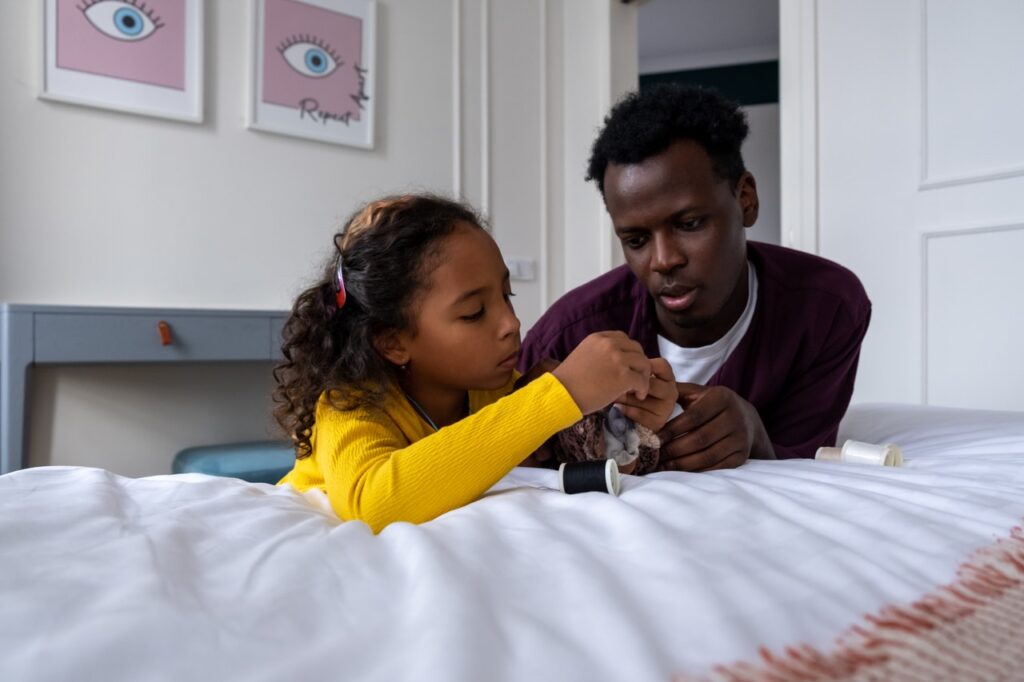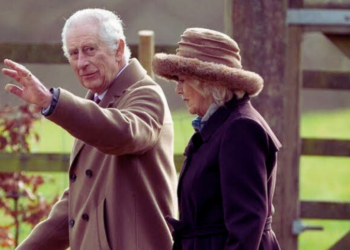Sex in this part of the world isn’t something openly discussed or accepted. Yet, one would agree that it is an act that is widely practiced and celebrated, albeit subtly.
“Sex” is that sacred word that you don’t just say without getting weird stares from people or getting judged because it means the ‘improper’, that which must not be mentioned.
“Sex is a body language that ought not to be silenced”
Too often, people have a tendency to think about sex/sexuality in terms of normal versus abnormal. Normal is frequently defined as what we ourselves do feel comfortable about, while the abnormal is what others do that seems different or odd to us.
The truth is, there isn’t a ‘normal’ thing when it comes to sex. Trying to decide what is normal for others is not only a thankless task but one ordinarily doomed to failure because our objectivity is clouded by our values and experiences.
As I scribble down on my note pad, I can’t help but to recall a former neighbor, A single mum that found a pack of condom in her daughter’s school bag and thought the best thing to do was to shout for the others to hear. In her words: ‘Arale E gba mi ooo (my neighbors help me) evil spirits have started following my daughter, dey put condom in her bag oo’.
On this topic, most Africans tend to approach these issues with profound ignorance. Constantly finding ways to avoid having deep conversations when it comes to ‘sex’ or anything related to it.
Growing up, I always wondered why the male/female genitals are called ‘thing’.
I stayed in a face2face building where every morning you always hear: “Micheal! Wash Dat your tin well ooo, carry am up and wash the down”.
I wondered why it isn’t called what it is. It is a penis, a vagina not a ‘thing’. But I get it now the words sex, breasts, nipples, penis and vagina are sacred you can’t say them out loud. You can only whisper amongst your friends like I did in high school ‘joy, my breast hurts. I think my period is here’
Having healthy sex conversations

The danger of not having healthy sex conversations is one of the reasons social vices have increased. We can see it everywhere: on the news, on social media..
We see case reports on rape, pedophilic acts, incest, porn addiction and the list goes on.
I know you are wondering How this is related to healthy sex conversations.
Having healthy sex conversations shouldn’t only be promoted in romantic relationships (which will be explained later) it should also be promoted in a parent-child relationship, in schools, conversations with friends.
In order to teach people to have healthy sex conversations in relationships it will be prudent to start having these healthy sex conversations from the foundation. That is, starting when they are really young.
Why having the sex talk early and often with your kids is good for them:
– Better parent/child communication

Your child is more likely to talk to you about things.
One of the biggest benefits of sex education is that it makes you an askable parent. Kids know that you are open to their questions because you are already talking to them about love, sex, relationships and growing up. Which means that instead of turning to their friends or the internet, they are more likely to turn to you first.
And as they get older, and receive a lot of misinformation and mixed messages about sexuality, they’ll know that they can turn to you for help them in working out fact from rumors.
– Recognise boundaries

Your child is more likely to understand appropriate and inappropriate behaviour.
Keeping our bodies safe is an important part of sex education. By teaching body safety to kids, we are increasing the chances of them being able to recognise appropriate and inappropriate behaviour. Which means that they will know if someone touches them inappropriately, they will recognise this and hopefully tell a trusted adult. Which means that it will stop.
It is also important to note that in some cases; abusers have also been a victim of abuse – it becomes a never ending cycle of pain and torture. Thus, it is important to have this conversations with kids so that they don’t turn out to be one of the societal ills we are fighting against.
THE TEENAGE YEARS
Oh! Let’s not forget the teenage years. You start to see some really good advantages of sex education when your kids become teenagers. The teen years are where the hormones really start to kick in and sexuality begins to take on a sexual nature!
We know that good sex and relationship education has the following outcomes on teenagers:
– Make smart sexual decisions

A teen is more likely to make informed and responsible sexual decisions in later life.
Information about sex isn’t permission to be sexual. It simply empowers teens to make smarter decisions about sex. And there is plenty of research to back up the fact that kids who miss out on sex education are the ones that end up making bad choices because of ignorance or misinformation.
Plus, when we talk to kids about sexual values, we are providing them with a framework to make good decisions. Instead of letting them be guided by their peers and what they see in the media (tv, movies, internet, magazines, etc).
Here are some of the best tips for having age-appropriate conversations about sex with your child:
Make sure your kids know that sex—and curiosity about it—is totally normal.
In any conversation you have with your child about sex, sexuality, and bodies, it’s important for them to understand that these things are normal and natural parts of life. Some parents worry that having conversations about sex will encourage their child to engage in it sooner, and avoid these conversations entirely or frame sex as forbidden as a result.
HEALTHY SEX CONVERSATIONS IN RELATIONSHIP

Even with the kind of exposure we have in this digital age, most people in relationships still don’t know how to communicate about sex.
Sex conversations in relationships/marriage isn’t about what sex position should be practiced or how long to last in bed. The topics include:
– sexual health
– how frequently we’d like sex
– how to deal with differences in what we and our partners enjoy
– How often to test for STIs
Talking about these topics can also help build a foundation for a better relationship as you learn about each other and explore new things together, all while being on the same page.
Hopefully, these tips helps you in having healthy conversations with your partner or your child or your sibling.
How to have healthy conversations in relationships and in schools:
Find out more about these in the next article.
Let us know what you think in the comment section below.
Don’t forget to like and share with friends and family!















